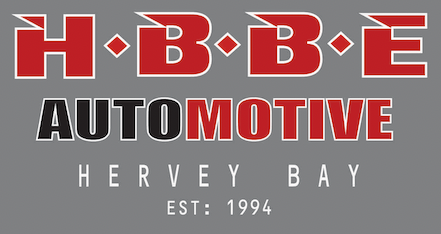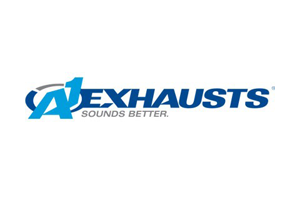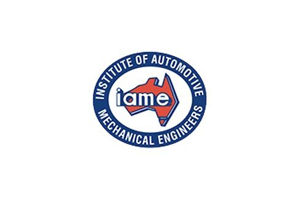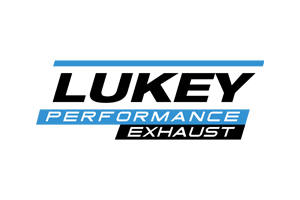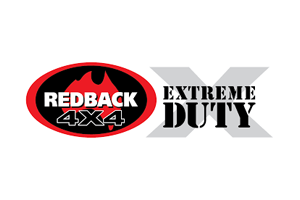Blog
How Often Do I Need to Replace My Tyres
Getting a flat tyre is more than just an inconvenience, it can be a safety hazard. While waiting on the side of the road for assistance or trying to change a flat tyre when you have a schedule to keep is never fun, a tyre that fails when you are driving can cause issues.
Experiencing a flat tyre presents dangers. Blowouts at high speeds can be dangerous, while losing a tyre without a proper replacement in the boot might leave you stranded.
That is why caring for your tyres is extremely important. Like any part or component in your vehicle, they need to be regularly inspected and replaced when they are showing signs of losing tread. Even if you think your tyres might be all right, they should be replaced periodically for the safety of you, your passengers and others on the road.
How Long Will My Tyres Last?
There is no exact timeframe for how long your tyres will remain good for. It depends on the tyres you have purchased (the quality and whether they are the right fit for your car), the type of driving you are doing, the frequency you are driving and the surfaces that you are driving on.
No matter what kind of driving you do or what kind of tyres you have, you should always have them inspected by professionals on a regular basis.
How to Make Your Tyres Last Longer
If you want to get the most out of your car’s tyres, proper care will prolong their lifespan. Because they are a disposable part of your vehicle, the more care you put into them, the longer they will last. Some of the things you can do include:
- Check your tyre pressure regularly: You should check the pressure at least once a month and inflate them back to the manufacturer’s specifications. You will find this information on a sticker inside the driver’s door or in the vehicle’s manual. When tyres begin to lose pressure, other tyres are going to bear the load to compensate, which means more wear and tear. Do not overfill your tyres as this will also cause uneven tread and balance.
- Rotate your tyres: Depending on whether your vehicle is front-wheel drive or rear-wheel drive, certain tyres are going to work harder than the others. Depending on your driving, you may take more left or right turns as well. This means some of your tyres will wear quicker than others. Have them inspected every 5,000km and rotated to ensure you are sharing the wear around. That way, you are not risking the premature failure of an individual tyre.
- Get regular tyre alignments: Over time, your wheels can move out of position slightly. A way to check if this has happened is to drive somewhere there is no traffic and to release the steering wheel. If your vehicle wanders to the left or right, it is likely one or more of your tyres are out of balance. Have your tyres aligned every 5,000km to 10,000km to ensure they are all facing the right direction. This will ensure you are getting maximum contact with the road, avoid wearing out certain parts of your tyres and correctly aligned tyres will also improve your fuel economy.
- Avoid gutters: Be careful when parking or trying to make a u-turn. Every time you are making contact with the gutter, you are removing valuable tread and rubber from your tyres. This applies to other hazards as well, like potholes and speedbumps. If you hit them at speed, you run the risk of destroying a tyre in a single moment.
Signs That Your Tyres are Starting to Fail
Noticing when a tyre could be about to go flat or burst is a vital skill that could save you from a potential accident or breakdown situation. Some of the signs to look out for include:
- Vibrations while driving: This could mean that one or more of your wheels are bent or damaged, that a tyre has internal damage, you require wheel alignment or you have suspension issues.
- Noises coming from your tyres: Any unusual sounds like squeaking or thumping coming from the tyres is a warning sign that something is wrong. It is unlikely these sounds will just go away by themselves.
- Physical damage: If you can see any scratches, bumps, blisters or bulges on a tyre, you should have it replaced immediately as it is likely to burst or go flat at any given moment.
Call Our Mechanics Today
If you suspect that one or more of your tyres need to be replaced, or it is time to book tyre rotation or alignment, contact Hervey Bay Brake & Exhaust on (07) 4124 3166 today.
